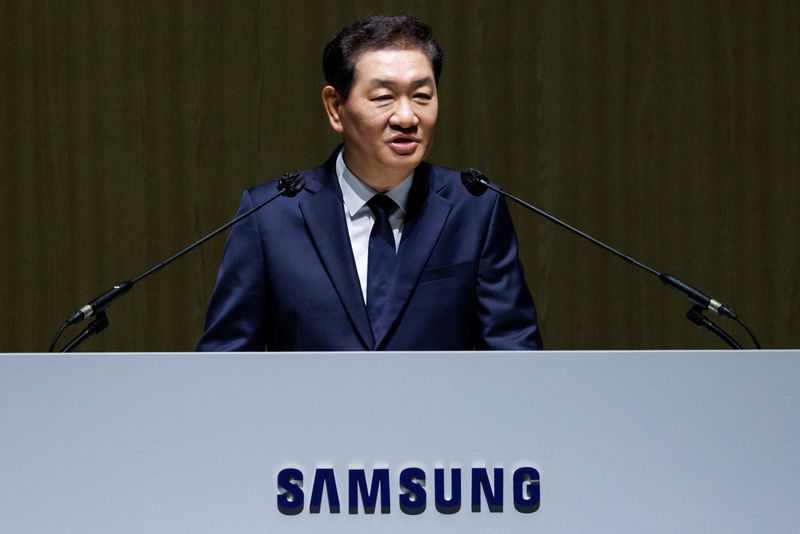IndusInd Bank Stock Plunges to Four-Year Low Over Derivative Portfolio Issues
 |
Accounting Discrepancies Trigger Sharp Decline in Share Value |
IndusInd Bank Ltd, a key player in India’s private banking sector, has seen its stock price tumble to its lowest level in over four years following revelations of significant accounting discrepancies in its derivatives portfolio. The shares of this fifth-largest private lender in India dropped more than 20% in a single trading session, sparking widespread concern among investors about the bank’s financial stability and internal oversight mechanisms. This sharp decline was triggered by the bank’s disclosure of a 2.35% reduction in its net worth as of December 2024, an issue tied to miscalculated hedging costs from past foreign exchange derivative transactions. Analysts estimate this could slash profits by approximately $180 million, a figure that has rattled the market and raised questions about the reliability of the bank’s financial reporting processes.
The steep fall in IndusInd Bank’s stock price saw it plummet as much as 22.6% to $83.50 per share, marking the lowest point since November 2020. By mid-morning, the stock was trading at $84.90, still reflecting a substantial 21.3% loss for the day. This dramatic downturn stands in stark contrast to the broader Indian market, where the Nifty 50 and BSE Sensex 30 indices experienced only a modest dip of 0.2%, driven by global economic jitters tied to U.S. trade policies under President Donald Trump. The bank’s troubles, however, appear to be an isolated case rooted in internal mismanagement rather than macroeconomic trends, amplifying scrutiny on its operational integrity.
At the heart of this financial upheaval lies the bank’s derivatives portfolio, which came under review following new regulatory guidelines from the Reserve Bank of India (RBI) implemented in April 2024. These rules, aimed at enhancing transparency in how commercial banks classify and value their investment portfolios, exposed flaws in IndusInd Bank’s handling of internal derivative trades. The bank has since unwound these problematic transactions, adjusting their value to reflect current market conditions. Deputy CEO Arun Khurana clarified that the discrepancies do not involve client accounts but relate to balance sheet management, specifically hedging instruments used to offset risks from foreign currency deposits and borrowings. Despite this assurance, the scale of the financial hit has left investors wary of potential deeper issues within the bank’s risk management framework.
In response to the crisis, IndusInd Bank has taken proactive steps to address the fallout and restore confidence. The institution has engaged an independent external agency to conduct a thorough review of its internal findings, with the goal of validating the reported impact and ensuring full transparency. The bank’s leadership, including CEO Sumant Kathpalia, has emphasized that its profitability and capital adequacy remain strong enough to weather this one-time setback. With a net profit of $1.07 billion for the fiscal year 2024 and a capital adequacy ratio of 17.23% as of March 31, 2024, the bank argues it is well-positioned to absorb the $180 million hit without jeopardizing its long-term growth trajectory. However, the decision to charge this amount directly to its profit and loss statement, rather than drawing from reserves, underscores the severity of the situation and the bank’s commitment to adhering to regulatory norms.
The fallout from these derivative portfolio discrepancies has broader implications for IndusInd Bank’s reputation and regulatory standing. The RBI’s recent decision to extend CEO Kathpalia’s tenure by only one year, rather than the three years recommended by the bank’s board, has fueled speculation that the central bank may have had prior concerns about the institution’s leadership or operational controls. Kathpalia himself acknowledged this possibility, describing the episode as a critical test of the bank’s resilience. Financial analysts and brokerage firms have reacted by downgrading the stock, citing a loss of credibility that could linger beyond the immediate financial impact. Some experts suggest that this incident might not be an isolated lapse, prompting calls for a deeper investigation into the bank’s governance practices.
Adding to the complexity, the Hinduja Group, which holds a 16.5% stake in IndusInd Bank, is reportedly seeking to increase its ownership to 26%. This move could signal confidence in the bank’s recovery potential, but it also highlights the intricate ownership dynamics at play during this turbulent period. Meanwhile, the stock’s year-to-date decline of 6% and a staggering 37% drop over the past six months paint a grim picture for shareholders, many of whom are now weighing the risks of further downside against the bank’s assurances of stability.
For investors and market observers, the path forward hinges on the outcome of the external review and the bank’s ability to demonstrate robust corrective measures. The anticipated report will clarify the final financial toll and potentially shed light on any additional vulnerabilities. While IndusInd Bank maintains that its core operations remain unaffected, the market’s punishing reaction underscores the fragility of investor trust in the face of accounting irregularities. As the bank navigates this crisis, its handling of transparency, regulatory compliance, and internal reforms will be pivotal in determining whether it can reclaim its standing as a trusted name in India’s competitive banking landscape. For now, the spotlight remains firmly on IndusInd Bank, with stakeholders closely monitoring every development in this unfolding financial saga.



Comments
Post a Comment